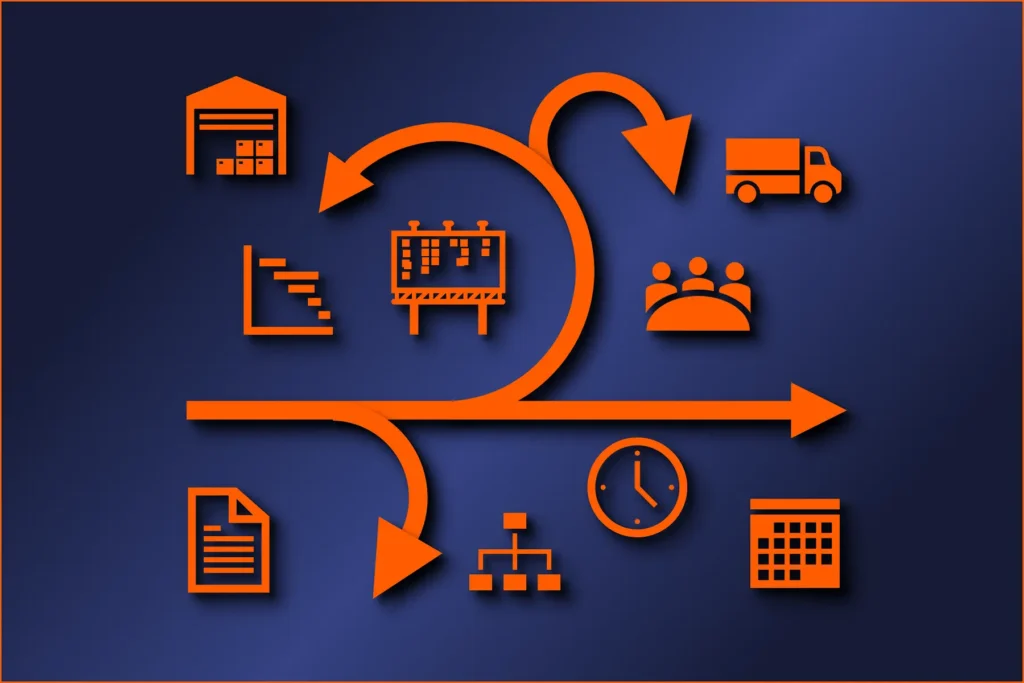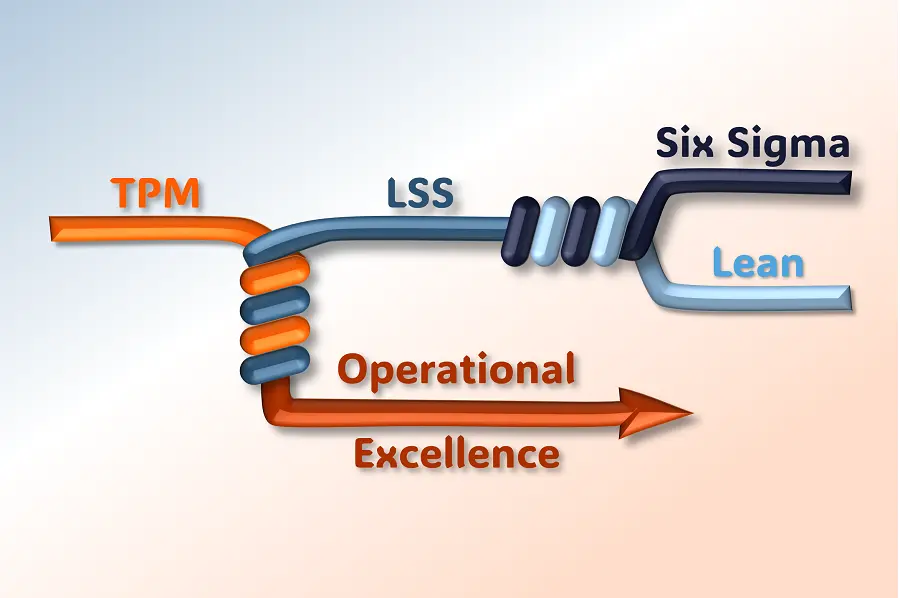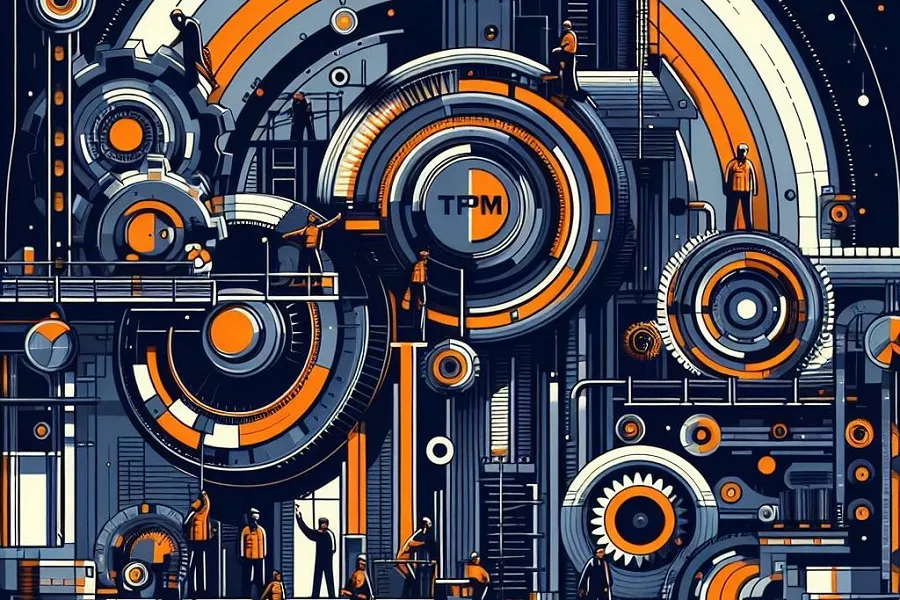Agile: Managing Development in Today’s Dynamic Landscape
This short article covers Agile project management methodologies, the different variations in use, and why Agile is an important enabler for SMEs for managing technology/development projects in today’s world; it explains the benefits, including promoting flexibility, better customer collaboration, and faster time-to-market. It lists key implementation requirements for a successful adoption, and the typical challenges that companies encounter in the process. Finally, it also provides several best practices to help overcome or avoid these challenges.
Agile: Managing Development in Today’s Dynamic Landscape Read More »






